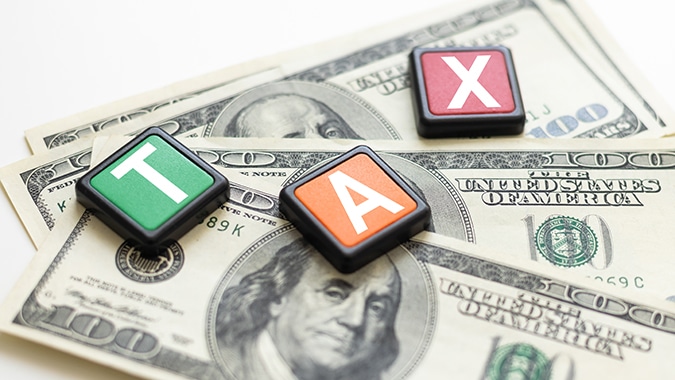Nearly a quarter of adults said that they were worse off financially in the fourth quarter of 2020 compared to a year earlier, according to a new Federal Reserve Report, reflecting the economic fallout and distress resulting from the global COVID-19 pandemic.
The Economic Well-Being of U.S. Households in 2020 report found a larger share of adults were worse off in 2020 than in previous years of the survey. This change occurred broadly across the population, but not all groups fared similarly.
Despite the increase in the share of Americans doing worse off financially, most believed they were still at least doing “okay” financially overall. Seventy-five percent of adults were either doing okay or living comfortably in November, which was unchanged from 2019 after having fluctuated through the year. However, not all groups have fared similarly through the pandemic, and persistent disparities in well-being across education and race remained.
Adults with at least a bachelor’s degree were much more likely to report doing at least okay financially (89%) than those with less than a high school degree (45%). This gap increased to 44 percentage points in 2020 from 34 percentage points in 2019.
In 2020, less than two-thirds of Black and Hispanic adults were doing at least okay financially, compared with 80% of White adults and 84 percent of Asian adults. The gap in financial well-being between White adults and Black and Hispanic adults has grown by 4 percentage points since 2017.
The report, downloadable data, data visualizations, and a video summarizing the survey’s findings can be found here.
